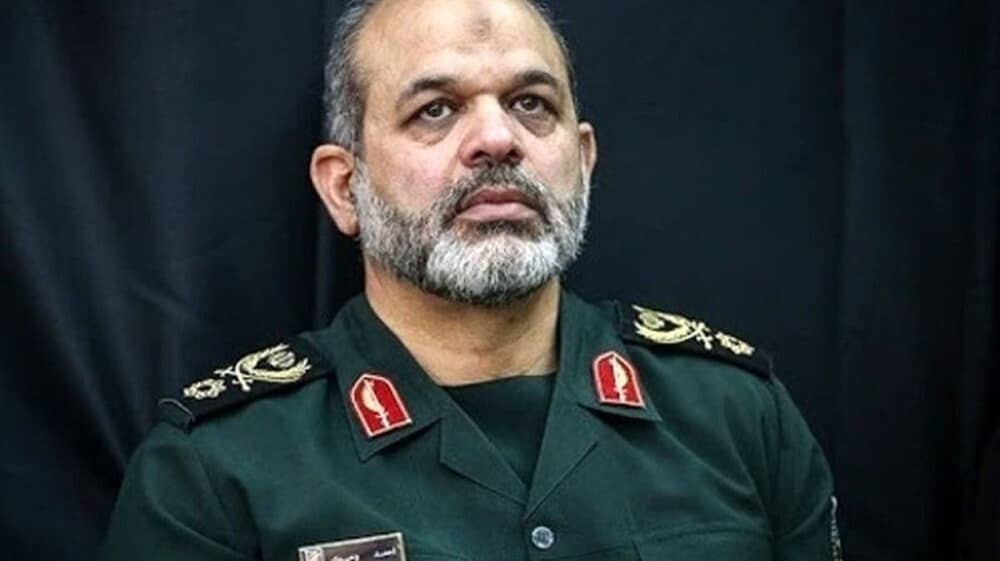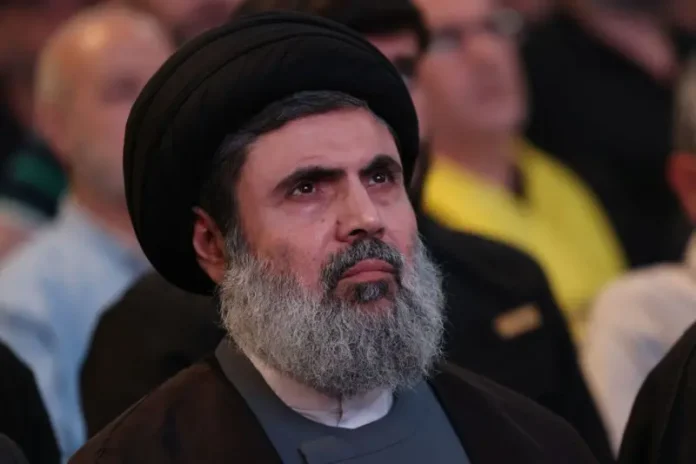Lebanon’s Hezbollah leadership positions had already been staffed, former commander of Iran’s overseas forces Ahmad Vahidi reported.
In an interview with Iranian media on 29 September, Vahidi, who previously headed the overseas branch of Iran’s Islamic Revolutionary Guard Corps (IRGC) known as the Al Quds Force, declared himself an “informed person.”

Israel stepped up its offensive against Hezbollah in recent weeks, targeting its infrastructure and leadership. On 28 September, the Israeli Air Force killed senior Hezbollah commanders, including its secretary general Hassan Nasrallah, in an underground bunker in Beirut.
The loss of top commanders raised concerns about Hezbollah’s ability to regain its fighting ability after multiple strikes on critical personnel in Beirut and Beqaa Valley near Syria.
In its 40-year lifespan, Hezbollah has trained strong individuals, and they will be immediately replaced. Nasrallah’s martyrdom is a great loss, but will not affect the organisational strength of Hezbollah. I emphasise that no leadership position in the command structure of Hezbollah Lebanon is vacant.
Vahidi dismissed reports of the destruction of Hezbollah’s strategic reserves as psychological warfare. He also downplayed Israel’s combat capabilities, attributing them to its dependence on US weapons.
They are boasting about American bunker-buster bombs in their attacks on Hezbollah commanders and Nasrallah, while these weapons do not reflect their own capabilities.
One of those presumed to have taken the top post is the group’s new defacto leader Hashem Safieddine (Hashim Safi Al Din). Born in 1964 in Deir Qanoun Al Nahr in southern Lebanon, he has been a key figure in Hezbollah for nearly three decades.
